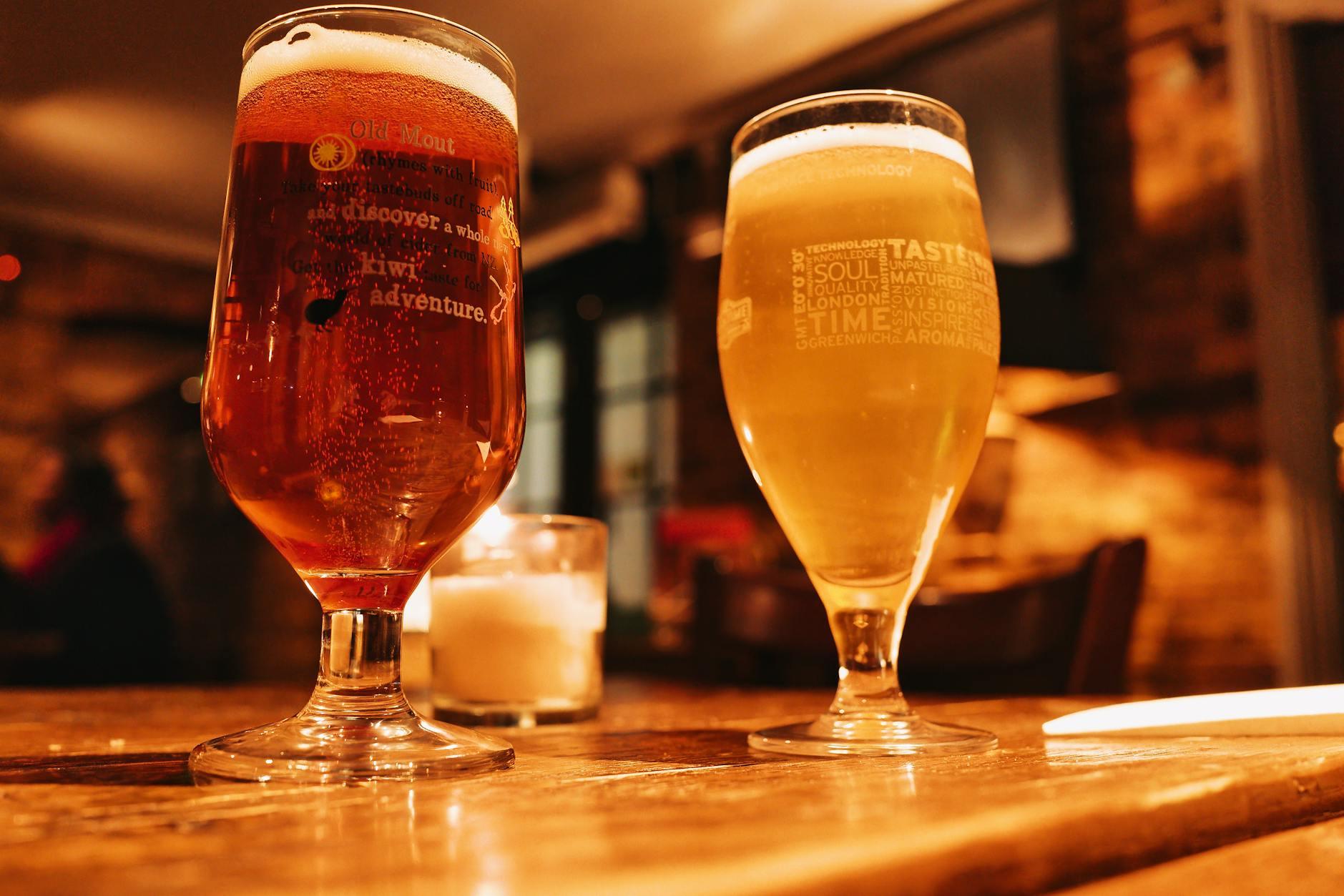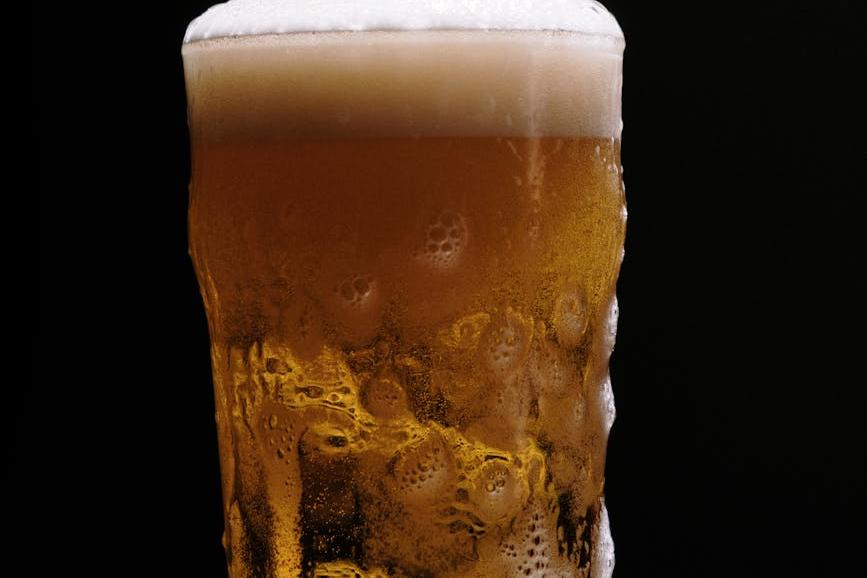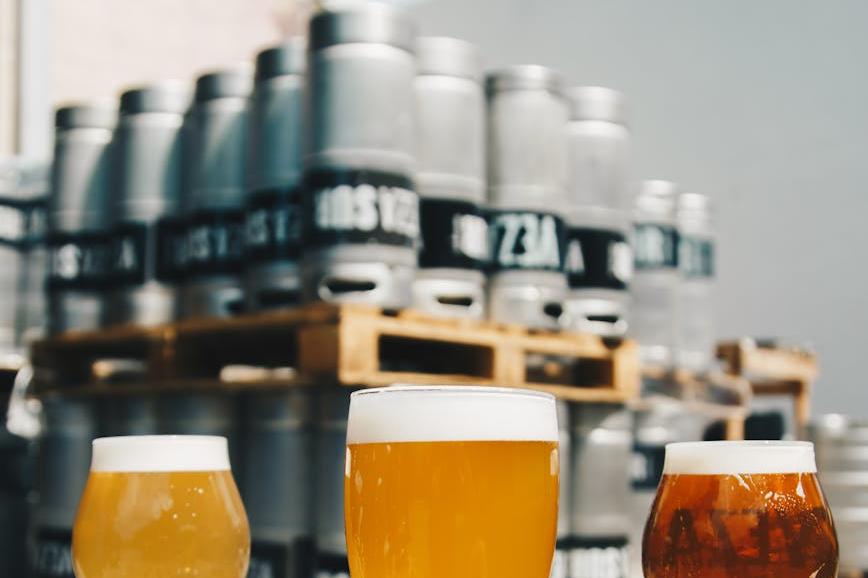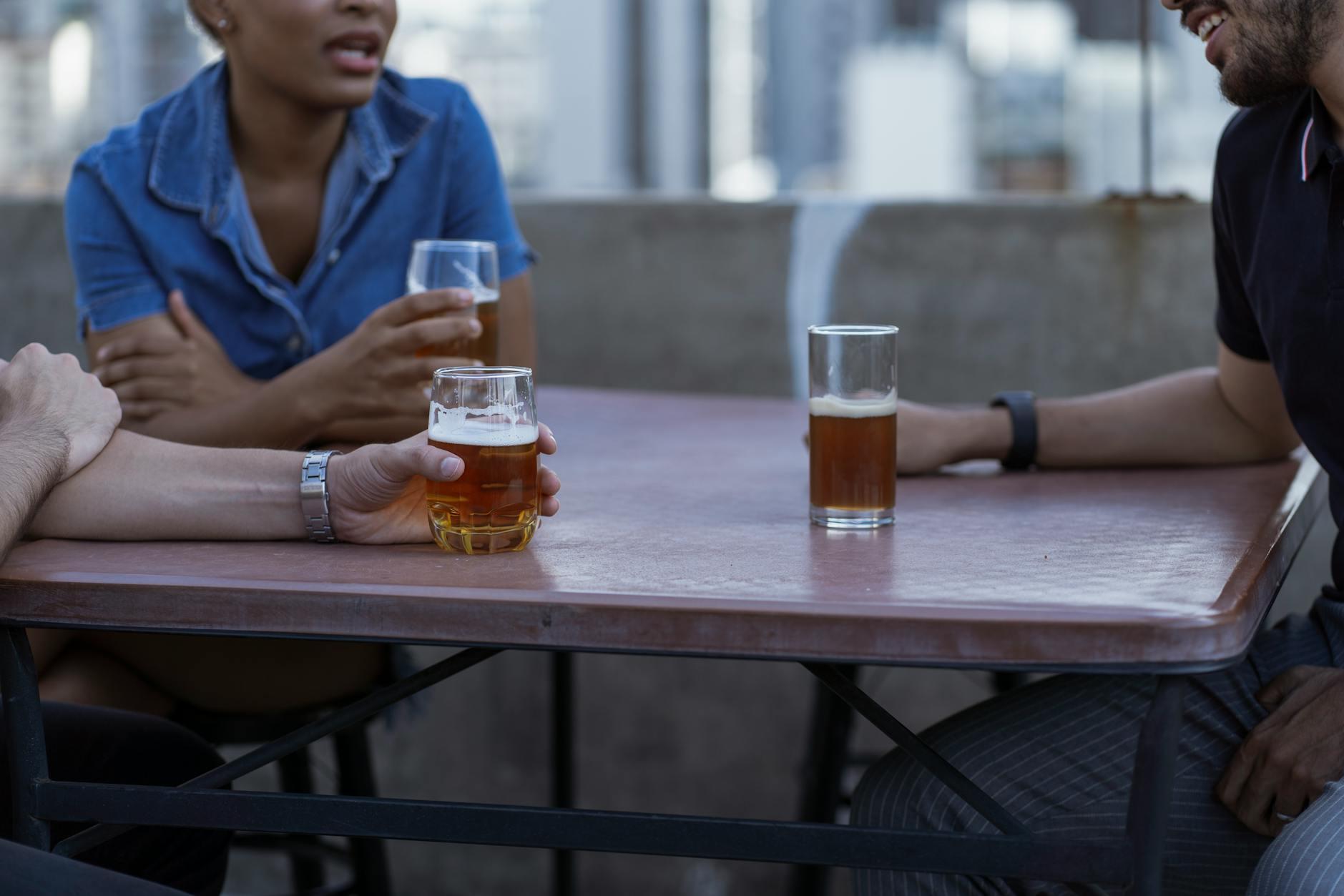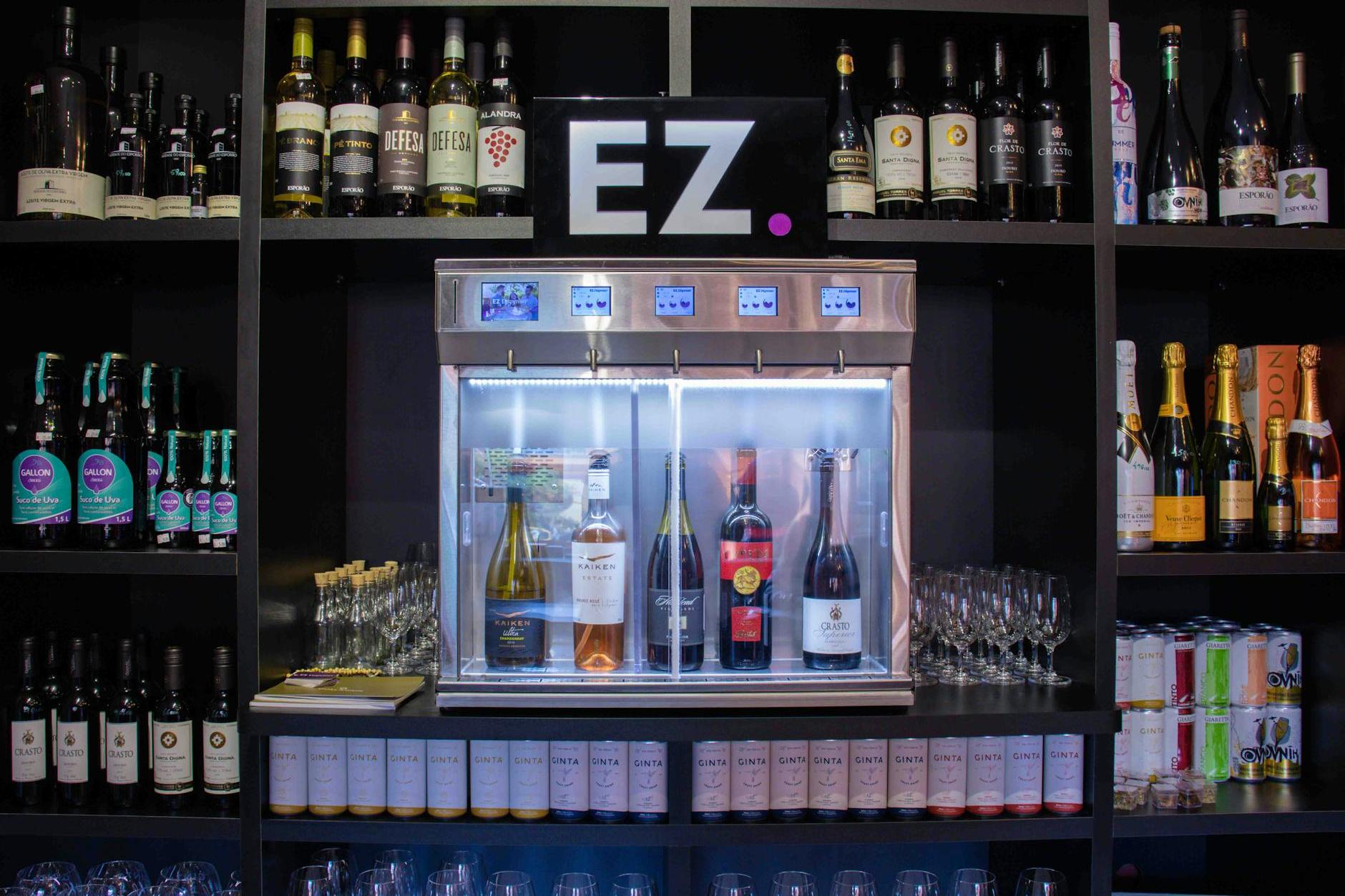- Shanghai Zhongshen International Trade Co., Ltd. - Two decades of trade agency expertise.
- Service Hotline: 139 1787 2118

Contents
ToggleI. Import Qualifications: Do you think having a business license is enough to take orders?
Last year, a client, holding a newly registered trading company license, was enthusiastically planning to import German craft beer. However, they got stuck for three months during the customs filing process—Food Circulation License, Importer Record-filing for Imported Food, Alcoholic Beverage Business LicenseThese three fundamental qualifications are indispensable.
- Common Misconceptions:
- Equate the licensing of prepackaged food and alcoholic beverages.
- Disregard the special filing requirements of the port customs.
- The license is nearing expiration and has not been renewed in a timely manner.
II. Product Compliance: The Devil is in the Details of Label Translation
An importer once had an entire shipment returned due to the direct translation of "craft beer" as "手工啤酒" on the label. The Chinese back label must include:
- Country of origin and specific production region (e.g., Bavaria)
- Alcohol content labeling method (%vol cannot be omitted)
- The ingredient list must specify the proportion of barley malt/wheat malt.
Special Reminder: New additions starting from 2025.Allergen labelingRequirements: Beers containing gluten must be clearly labeled.
III. Tax and Fee Calculation: The Overpaid Tuition Fees from Those Years
| Success | Tariff | Value - added Tax | Consumption Tax |
|---|---|---|---|
| Malt-brewed beer | 5% | 13% | Specific duty |
Actual case: Importing 1,000 cases of German dark beer (500ml/bottle, alcohol content 5% vol) with a landed cost of 200,000 RMB:
- Duty = 200,000 × 5% = 10,000 yuan
- VAT = (200,000 + 10,000) × 13% = 27,300 RMB
- Consumption Tax = 1,000 × 12 bottles × 0.5L × 3 yuan/liter = 18,000 yuan
IV. Logistics Selection: Cold Chain Is Not a Panacea
Maritime TransportationFor container transportation, please note:
- A 40-foot high cube container can hold a maximum of 22 pallets of beer (including protective layers).
- The temperature recorder must remain on throughout the process and retain the data.
- Quality inspection must be initiated if the shipment delay exceeds 15 days.
Last year, a batch of Belgian white beer experienced secondary fermentation of yeast due to being stranded at a high-temperature port for 28 days, resulting in excessive pressure inside the bottles and causing bottle explosions.
V. Pitfall Avoidance Guide: 7 Lessons Learned the Hard Way
- Specialty beers (e.g., those with added fruits/spices) require prior ingredient analysis.
- Wooden pallets must undergo fumigation treatment and bear the IPPC mark.
- The transportation insurance must cover the scenario of "leakage caused by packaging rupture."
- Canned beer requires testing the acid resistance of the can coating.
- Do not use commercial customs clearance channels for sample imports.
- Promotional freebies must be declared separately and labeled as "Not for Sale."
- Bonded zone warehousing requires attention to the monitoring of alcohol shelf life.
To be honest, in the end: rather than sifting through fragmented information in search engines, it's better to just ask for a copy directly.General Administration of Customs 2025 Edition "import and export"Manual for Inspection and Quarantine Supervision of Alcoholic Beverages"After all, in the imported beer business, the money saved through compliance might even exceed the profits earned.
Related Recommendations
Category case
Get in Touch
Email: service@sh-zhongshen.com
Related Recommendations
Contact via WeChat

? 2025. All Rights Reserved. Shanghai ICP No. 2023007705-2  PSB Record: Shanghai No.31011502009912
PSB Record: Shanghai No.31011502009912
